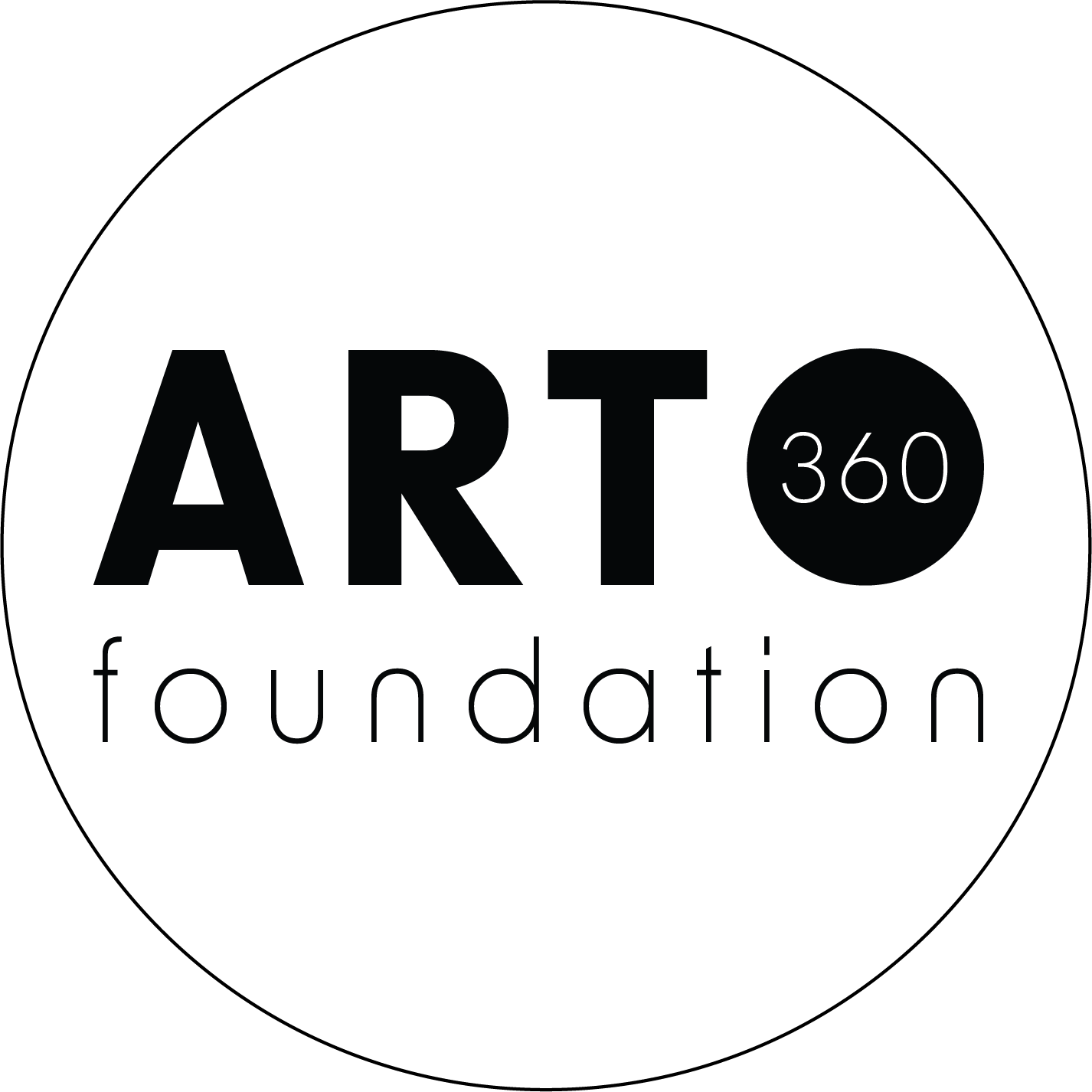Artists’ Legacies in the Museum
supported by
Alinta Sara looking at the archive of Donald Rodney at Iniva. Film still courtesy of Ada Cotton.
Artists’ Legacies in the Museum is an ambitious project run in collaboration with the International Curators Forum, engaging independent curators and museum curatorial teams with the archives of Vanley Burke, Donald Rodney and Maud Sulter, to help recalibrate how museums collect, share and preserve art and cultural heritage for the present and future.
Museum participants took part in three Study Days delivered by independent Curators, who are central to the art ecology we are proposing, with learnings from the project to be shared through short films, event documentation and a toolkit on preserving the legacies of Black British Artists in museum and non-institutional contexts due for release in 2023.
Photo: Sarah Haylett © Donald Rodney Estate
Undoubtedly, as an artist, Donald Rodney would want his work to transcend his illness, but when I was working on the sickle-cell heritage project I spent time at Tate going through the sketchbooks and couldn’t help but think about the stories I’ve heard from sickle-cell patients. There was something - I couldn’t pinpoint why - but there was something, in going through his sketchbooks, that I felt resonated with the stories I’ve heard from patients, the stories I’ve heard from health professionals, the voluntary sector, the charity sector, highlighting the racial divide in Britain, and that’s what I found in the sketchbooks.
His work didn’t necessarily talk about sickle-cell, but illness was used as a metaphor, and his experience of living with sickle-cell had an impact on his practice and outlook on life - his sense of mortality, his resilience, his sense of humour, his sense of injustice. As a black man going through the healthcare system, he understood prejudice, how the black body was perceived and how you are invisible and visible at the same time. Invisible, as sickle-cell is a disease that mainly affects people from African and Caribbean backgrounds in a Western world where you are ignored. Visible, because you are not seen as a patient but as a black person - addicted, angry, someone that can bear the pain.
When Art360 invited me to participate in this project, I wanted people to understand what I felt when I went through the sketchbooks in the Tate Archive, and talk about sickle-cell from Donald Rodney’s perspective.
Alinta Sara, ALitM Curator
Project Participants
-
Vanley Burke Archive, mentored by Renée Mussai
Tosin Adeosun is a London-based researcher, curator and consultant specialising in the culture, art, and fashion history of the African diaspora. She is the founder and curator of African Style Archive - a platform dedicated to documenting African fashion history through archival photographs, footage and ephemera. She holds a Master’s degree from the University of Sussex in Art History and Museum Curating with Photography, and a Bachelor’s degree in Media and Communications.
Tosin is passionate about unearthing and documenting narratives of Africa and the diaspora through photography, art, and moving images. A keen reader and historian, Tosin enjoys working with archives, communities and institutions to research and curate histories and stories. She has previously worked as a visual art researcher for a television series in production, curated a digital exhibition with a public programme in collaboration with the London College of Fashion, researched on the Africa Fashion exhibition at the Victoria and Albert Museum and facilitated several academic and public talks on fashion, photography, art and archival practices.
She has worked with many institutions and brands on research, curatorial, and educational projects. Some of them include the London College of Fashion, Soho House, Ahluwalia, South London Gallery, Institute of Contemporary Arts London, Counterpoints Arts, and Modern Art Oxford; she has also guest lectured for the Costume and Performance Design course at Arts University Bournemouth.
-
Maud Sulter Archive, mentored by Erika Tan
Lauren Craig is a London-based cultural futurist. Her practice as an artist, curator, full-spectrum doula and celebrant is untethered, sprawling and liberatory. Carefully marrying concept with materiality, she moves slowly between performance, installation, experimental art writing, exhibition making, moving image, research and photography. Her autobiographical, autoethnographic and therapeutic (“autoethnotherapeutic”) approach is a meditation on celebration, commemoration and tribute. Through archival research, reactivation and socialisation, she centres on lived experience while striking through and reframing past and present dominant narratives. She offers her creativity as calls to action for heritage work to include ethical cultural memory and collective intelligence. Her work is an invitation to convene and proposition our futurities.
Craig is a member of the social history and curatorial collective Rita Keegan Archive Project (RKAP). Recent exhibitions include Between There and Here at South London Gallery (2021) and No Loose Strands at the Feminist Library, London (2022). RKAP’s upcoming project is a collaboration with William Morris Gallery and Liberty department store as a response to the Althea McNish’s exhibition, Colour is Mine (2022).
Craig’s current project Rendering Experience proposes a re-appraisal of Passion: Discourses on Blackwomen’s Creativity (1990), edited by Maud Sulter. Grounded in the present, the research questions the text’s visibility, urgency and art-historical impact on curatorial futures. Craig’s previous encounters with Passion include a Maud Sulter study day with Glasgow International and Rhubaba Gallery and Studios, Edinburgh, Oral history Training, Absence/Presence a project about Maud Sulter as part of the Open the Door festival by Glasgow Women’s Library. Lauren encouraged dialogue around the book by exhibiting it in Rita Keegan Archive (Project) at South London Gallery (2020) and Show and Tell, The Women’s Art Library (2015).
Craig is a member of the British Art Network (BAN) steering group and a liaison for the BAN Emerging Curators group. She recently exhibited ‘HerStory, 2002-2021’, an auto-ethnographic photographic collage with the Bloomberg New Contemporaries 2021 at South London Gallery and First Site Gallery. Her forthcoming partnerships, publications and events include collaborations with Feminist Review, Photofusion, The Women’s Art Library, Arts Catalyst and Iniva.
She is a founding member of S: E: P: A: L: S. A group experimenting with her conceptual modality of the same name; which proposes an approach for protective knowledge production and ethical cultural memory. Through live events, a publication and a digital garden the group explore how we can use care and safety in more diverse ways within curating, institutional decision making, commissioning and education.
She has founded and directed six creative organisations with a background in ethical, social and environmental entrepreneurship and reproductive justice.
-
Donald Rodney Archive, mentored by Iniva
Alinta Sara is an independent curator, art historian, and workshop producer. She was born in Reunion Island, grew up in Martinique and is now based in London. She is the co-founder of Bokantaj, a collaborative initiative that aims to raise greater awareness about the historical trajectories and universal themes that connect communities in the global South. Her current research is on the Afro Brazilian architectural heritage in the Bight of Benin and reflects on the link between collect memory, space, and architecture. Alinta Sara is working as a lecturer at the CLCC at Imperial College as well as a freelance workshop producer with various organizations and galleries in London such as the October Gallery, Lon-Art, the Africa Centre. She managed the Sickle Cell Society heritage project "Our Journey, our story," which looked at the history of sickle-cell disease in the UK. She co-curated the exhibition Divinations of Worlds to Come at the Agency Gallery as well as the exhibitions The Colour of Pain at Imperial College, Our Journey, Our Story at the Black Cultural Archives.
www.bokantaj.org
-
International Curators Forum (ICF) was founded by artists and curators in 2007 to offer a programme of commissions, exhibitions, projects, publications and events that respond to the material conditions and cultural contexts impacting creative practitioners today.
We provide tools and platforms for professional development and facilitate an open peer-to-peer network inviting participants to be part of a generative ecology of skills and knowledge sharing. Across all of our work, both critically and practically, we are committed to challenging the barriers to equality and inclusivity within our industry.
Through all aspects of our programme we engage with the concept of diaspora as a critical framework through which we can address and complicate notions of identity, test and explore new innovative curatorial models, and create space for artistic and discursive interventions into historical narratives and systems of representation.
Based in London, ICF has conceived and produced projects with artists, curators and thinkers who engage with diaspora across the UK, Europe, the Caribbean, Asia, the Middle East and Australia.
-
“Wolverhampton Arts and Culture are delighted to be involved in this important and timely project. Artists’ Legacies in Museums creates a welcome opportunity for deep reflection and analysis. We’re looking forward to working with New Art Gallery Walsall and Touchstones Rochdale, taking time to think beyond the museum context, considering artists’ legacies from different perspectives, and developing new approaches to collecting, documenting and sharing information.”
-
“We want to challenge ourselves and the institutions with which we work to think differently, to consult, collaborate and communicate effectively and with confidence and to learn through engagement with these fascinating archives and from the expertise and experience of all the project partners and curators.”
-
“Touchstones Rochdale is absolutely delighted to have been selected to participate in the Artists’ Legacies in the Museum project. It represents another important step in our ongoing strategy to build on the legacy our radical history in the 1980s, and further explore the contemporary relevance and agency of our collections and archives.”
-
The Artists’ Legacies in the Museum Toolkit is an essential first step in empowering museum staff to enact transformative change within their institutions. It aims to generate a greater and more nuanced visibility for the legacies of Black British Artists in UK institutions.
The toolkit will be produced by Claire Sivier, Douglas Lonie and Fernanda Zotovici of There is An Alternative (tialt), and is intended to be a resource which can evolve over time with new thinking, generations and climates.

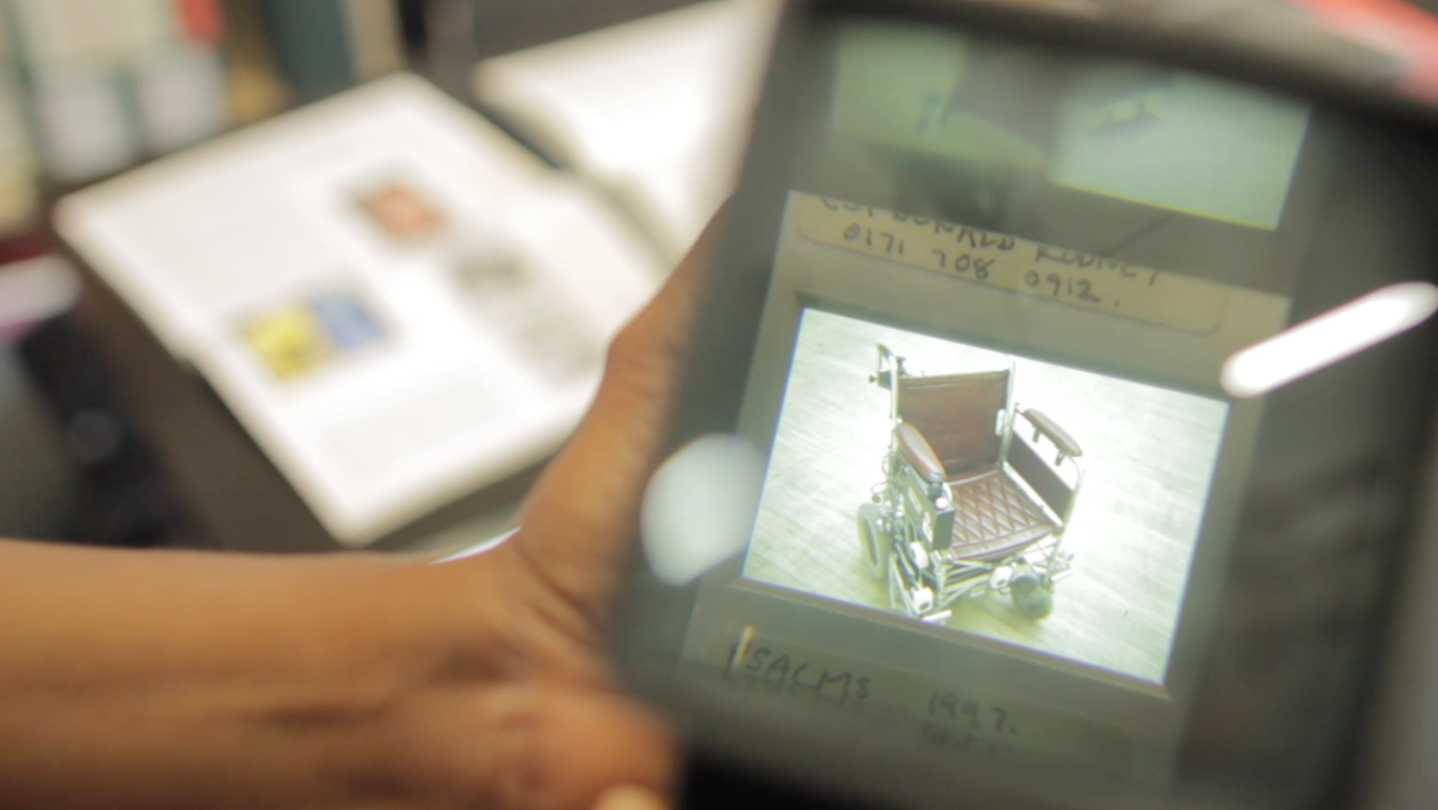


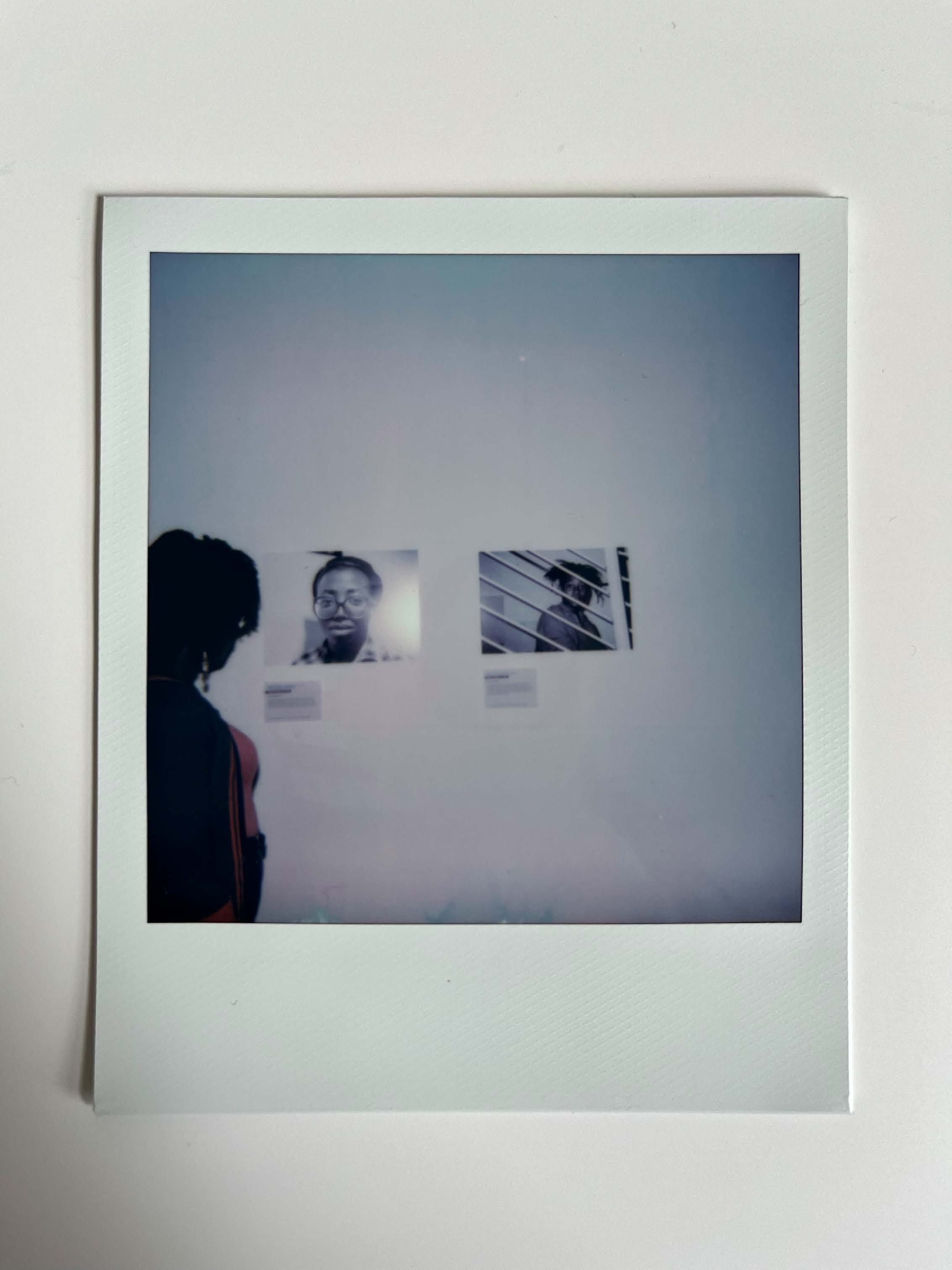
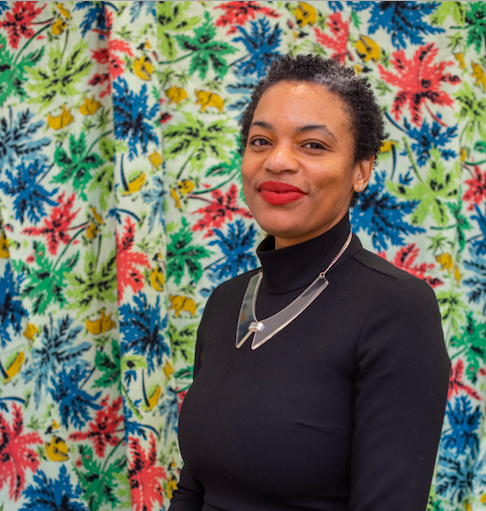
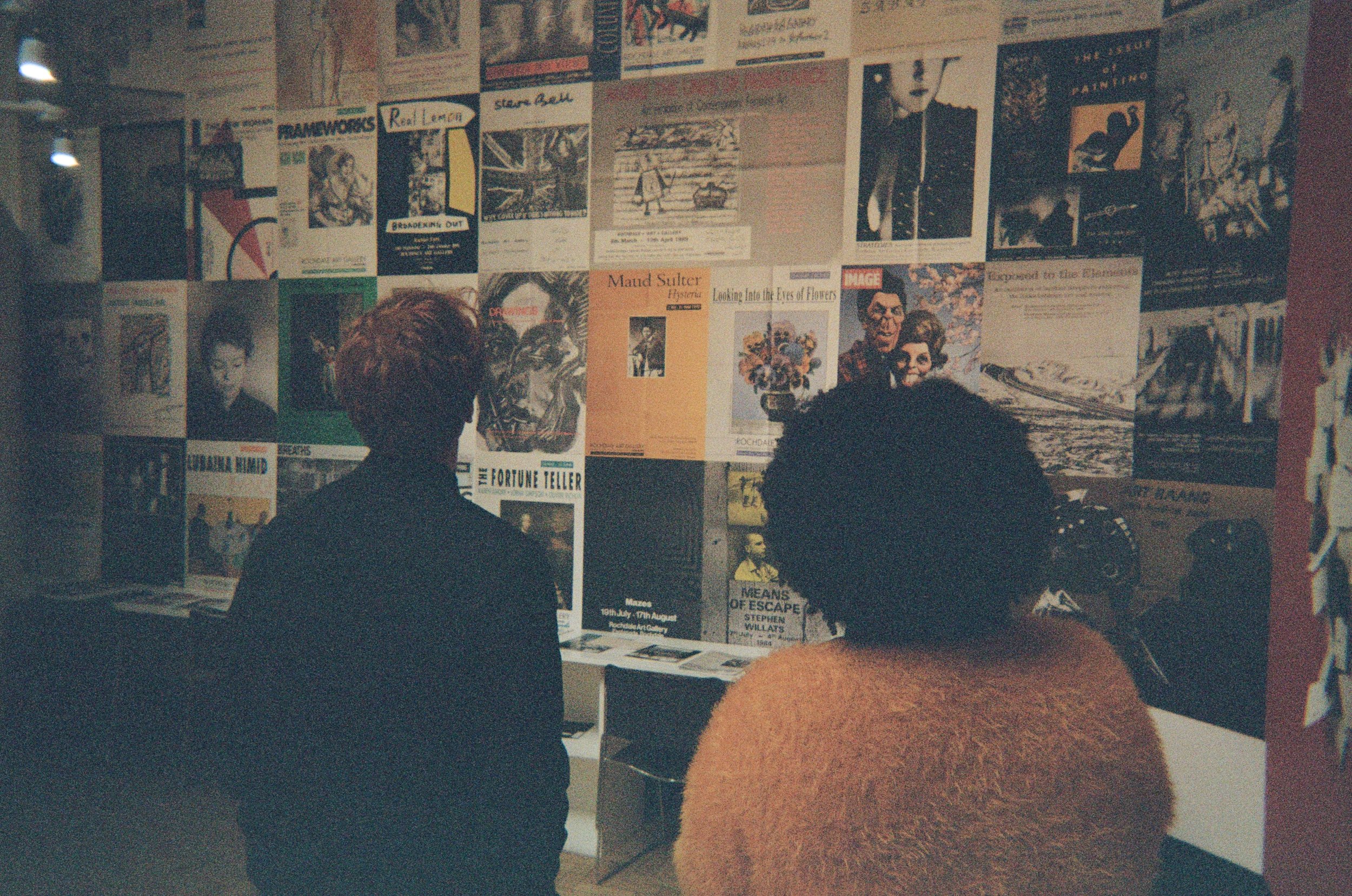

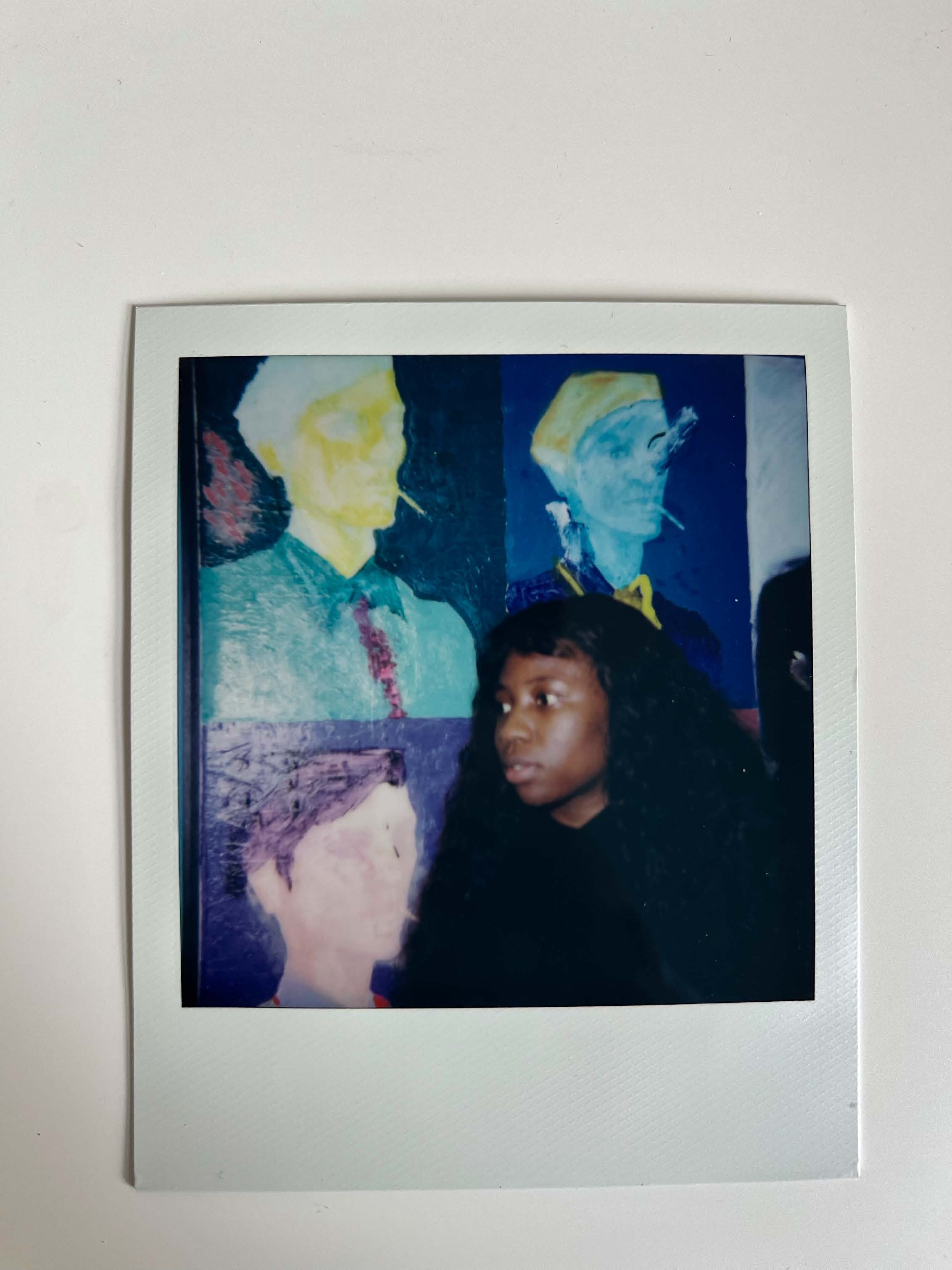
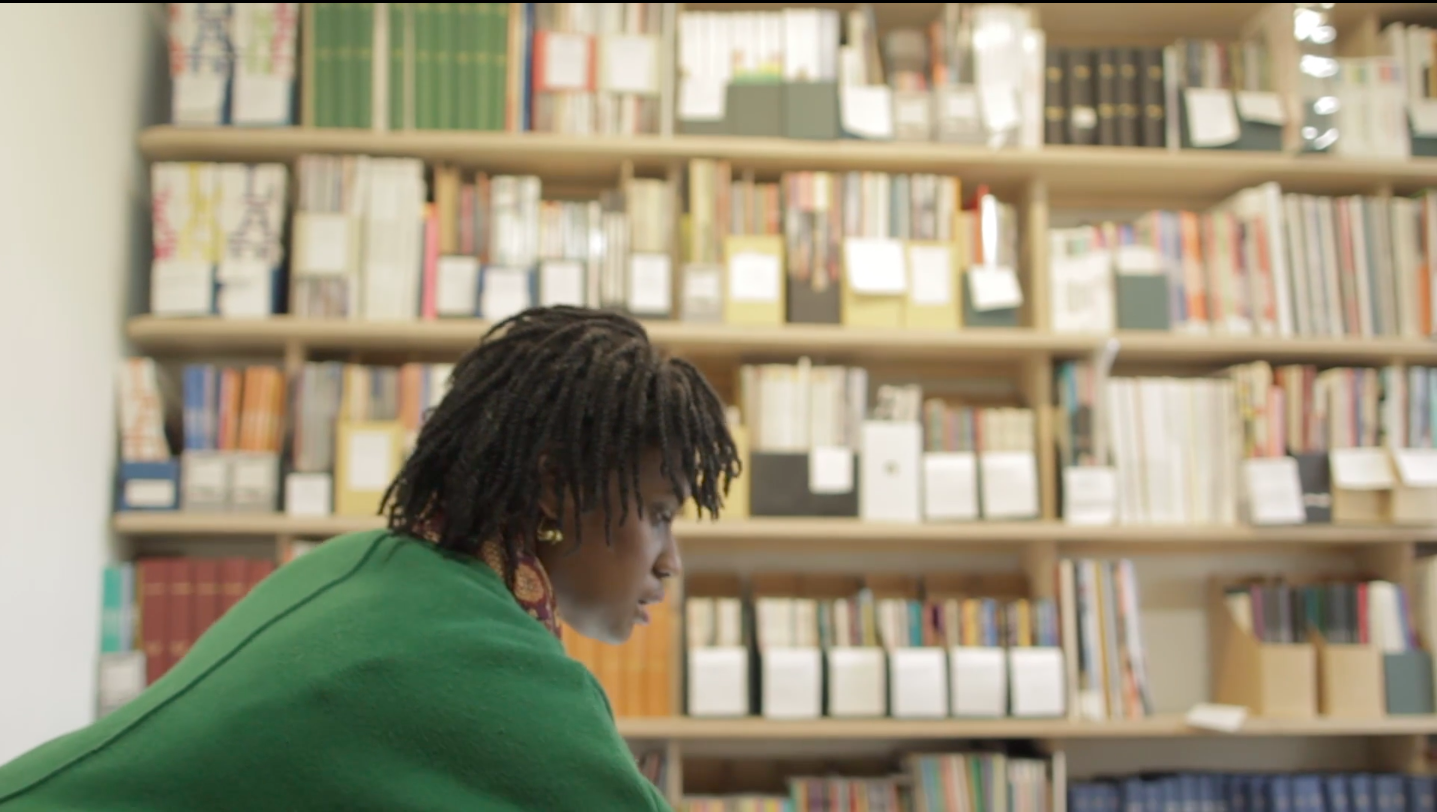
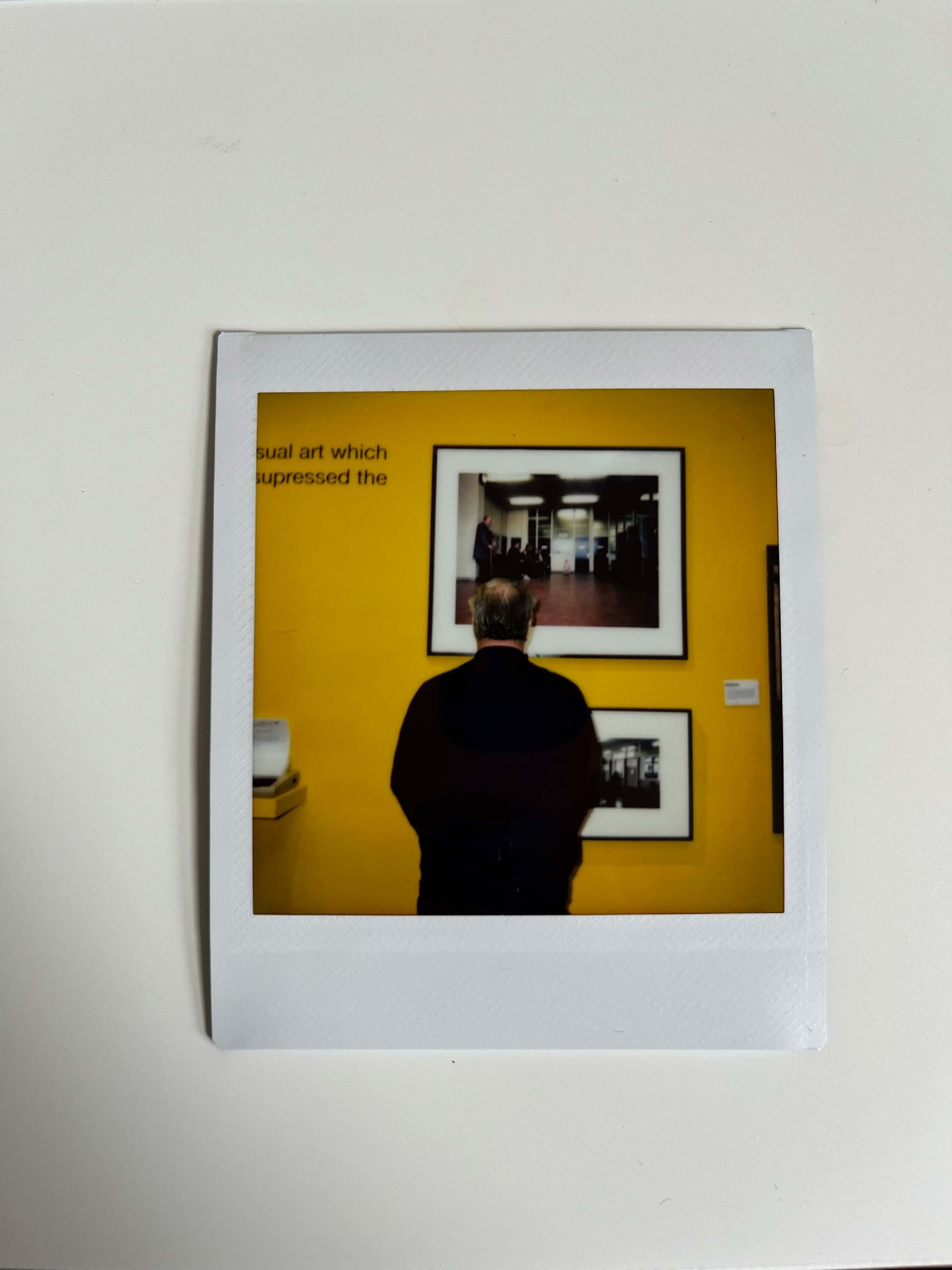
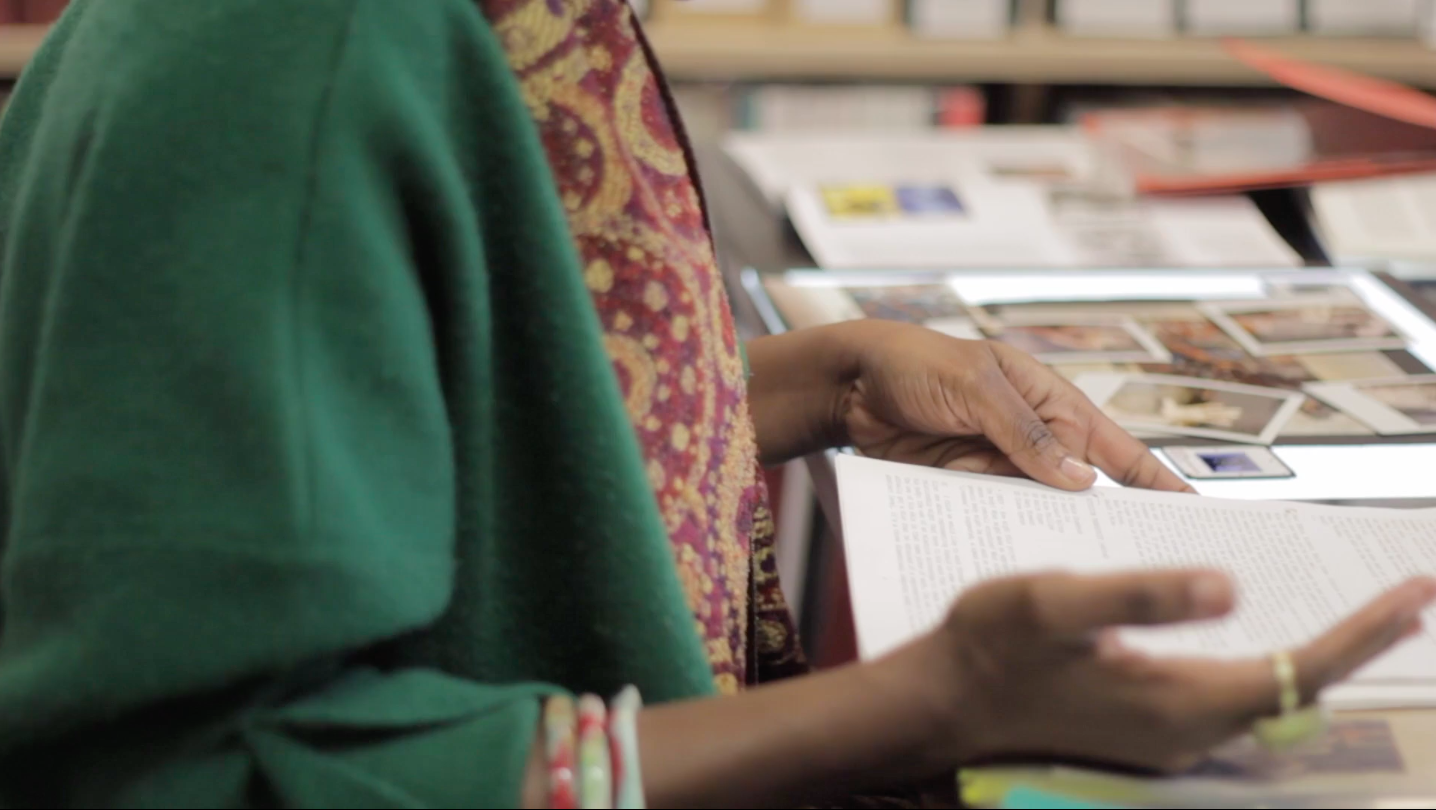

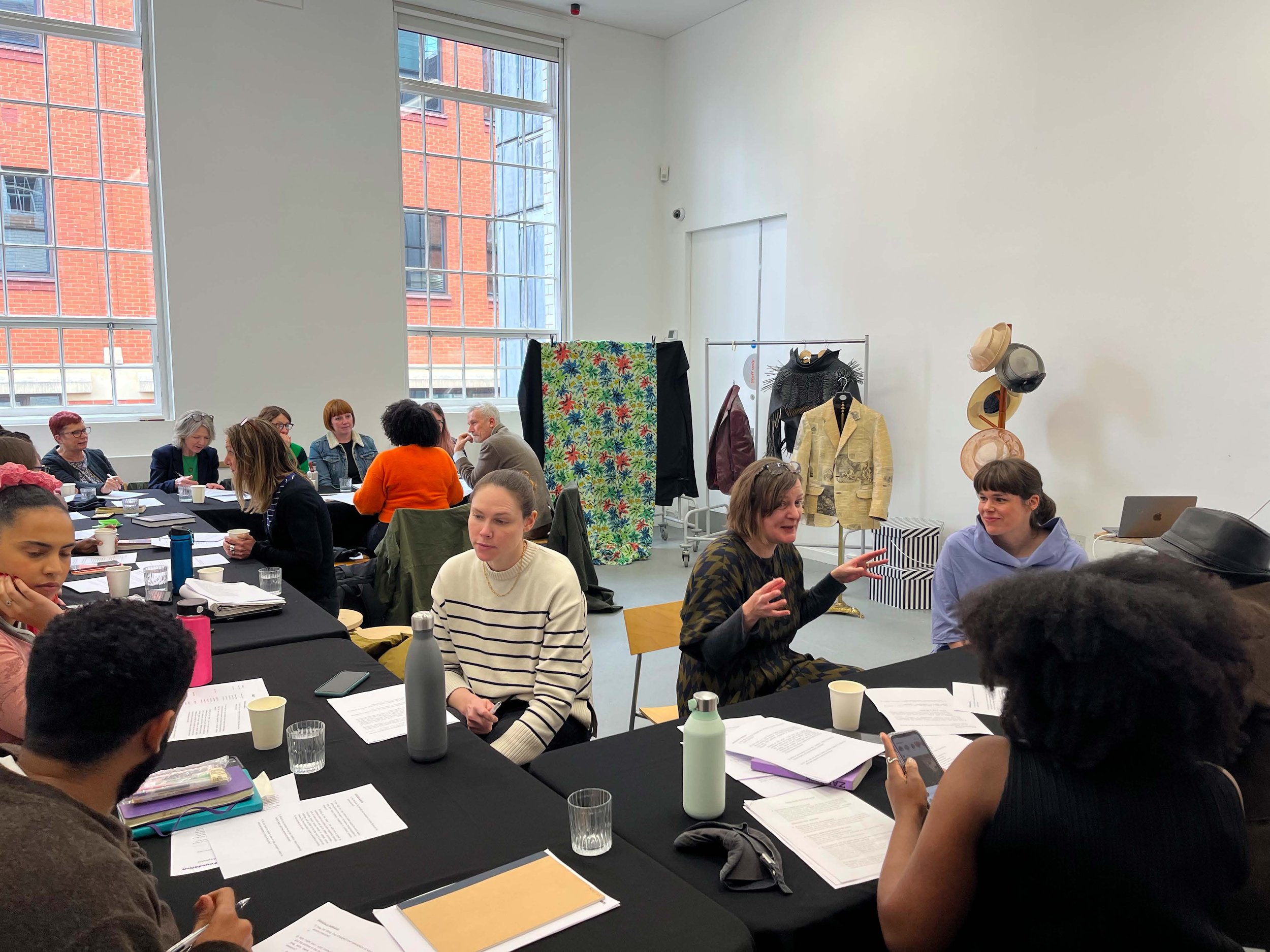

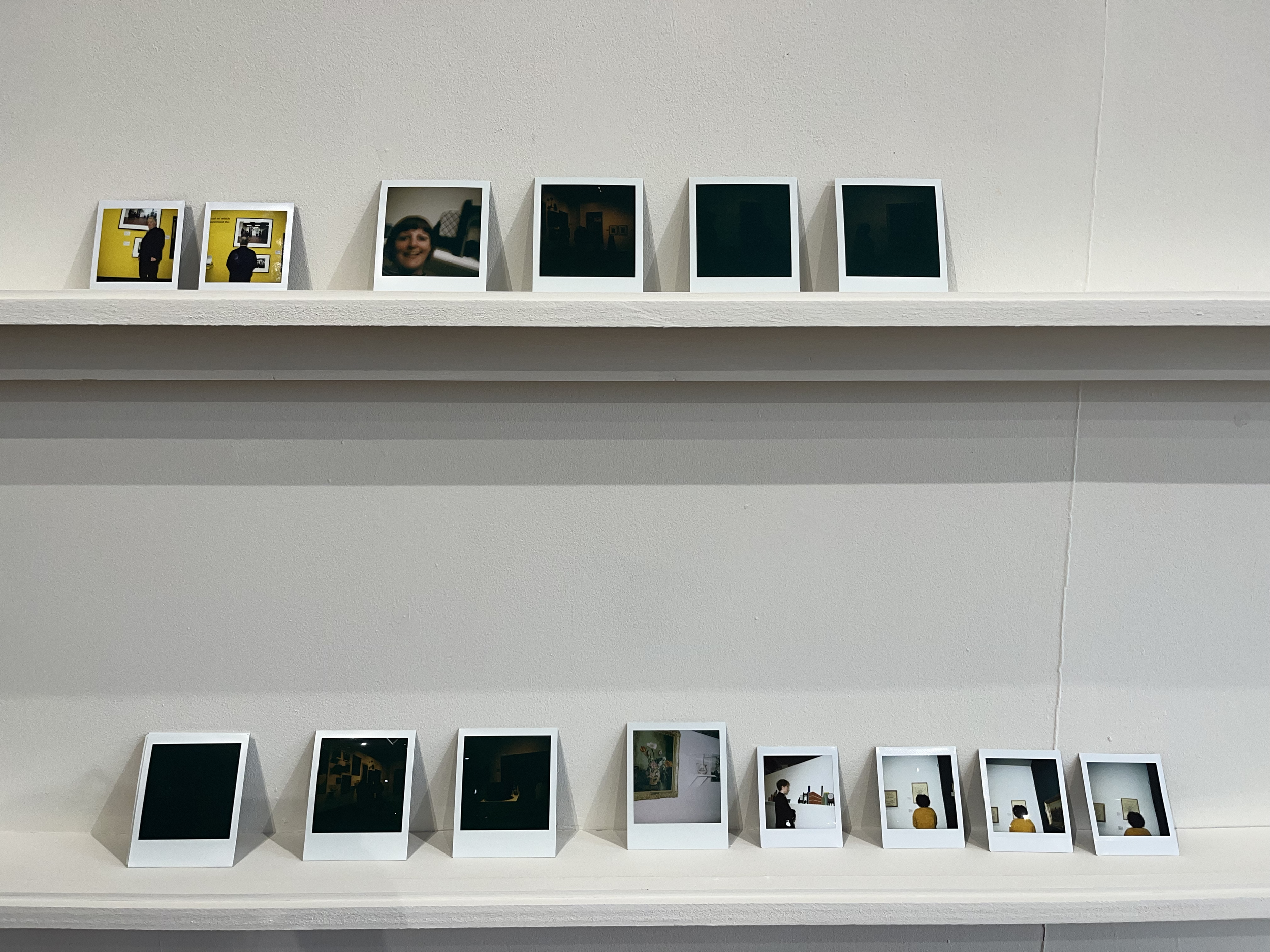
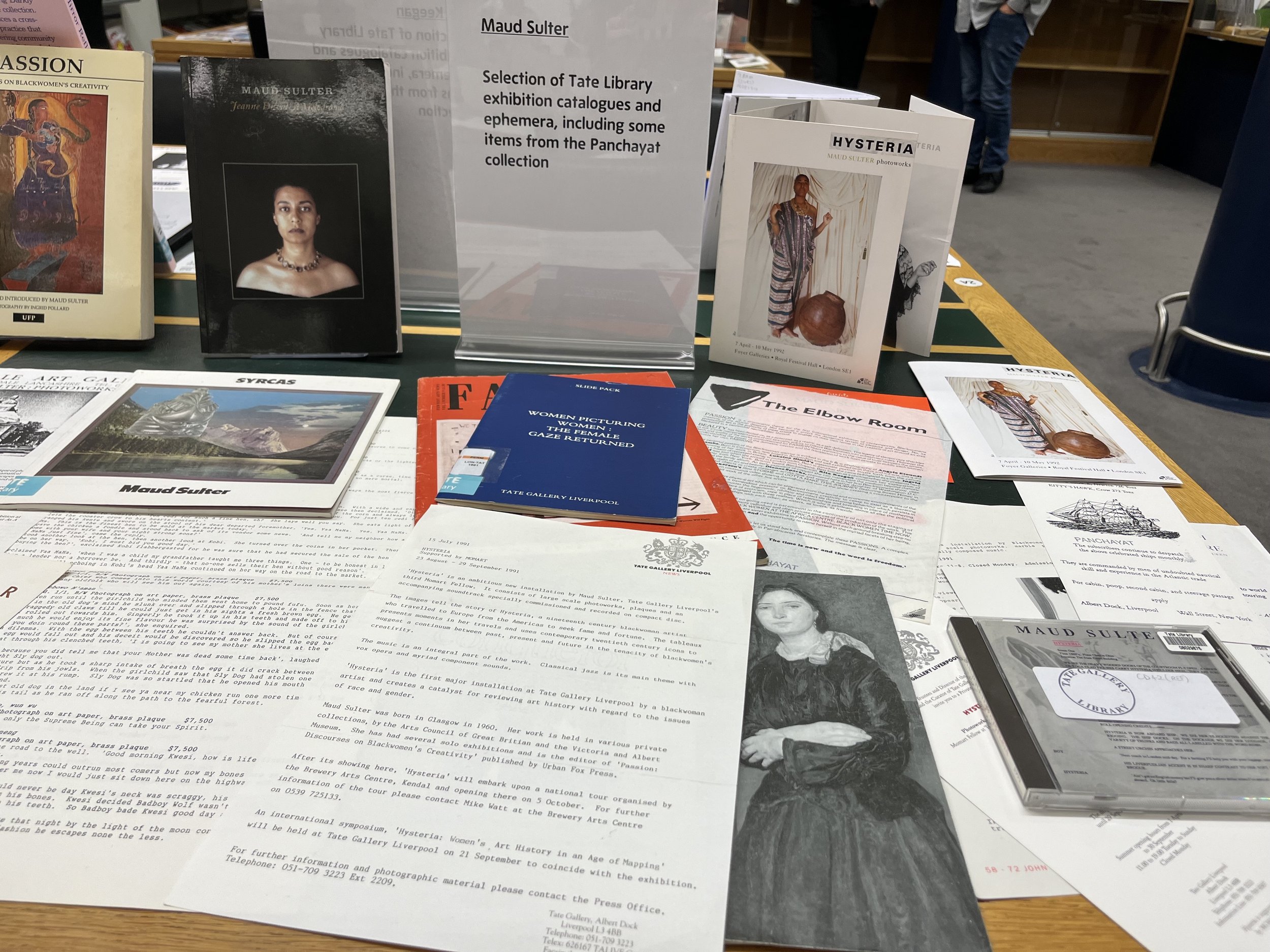
The documentation above represents the following activities: a workshop at Tate Archive in November 2022, a film on the legacy of Donald Rodney produced by Alinta Sara and Ada Cotton and three Study Days held between March-April 2023:
Tosin Adeosun on the archive of Vanley Burke at Ikon Gallery, including a photographic portrait of Lauren Craig © Vanley Burke (third column, second image down - desktop view)
Lauren Craig on the archive of Maud Sulter at Touchstones Rochdale
Alinta Sara on the archive of Donald Rodney at New Art Gallery Wallsall
Please email contact@art360foundation.org.uk for permission to re-share images.
Thank you to all of the individuals that have been involved in this project:
Tosin Adeosun, Lauren Craig, Alinta Sara (ALitM Curators), Sepake Angiama, Tavian Hunter, Kaitlene Koranteng (Iniva), Renée Mussai and Erika Tan (mentors), Vanley Burke, Diane Symons (Donald Rodney Estate), Katy Barron, Deborah Cherry and Ama Sulter (Maud Sulter Estate), Jonathan Bartley, Ada Cotton (filmmakers), Sarah Haylett, Clare Hewitt and Carrie Skinner (archivists), Alastair Small, Ellie Porter and Mark Waugh (Art360 Foundation), Jessica Taylor and David A Bailey (project partners, International Curators Forum), Douglas Lonie, Claire Sivier, Fernanda Zotovici (Toolkit Consultants, There is An Alternative), Julie Brown, Zoe Lippett, Deborah Robinson, Stephen Snoddy (New Art Gallery Walsall), Aarifa Amatul-Hayye, Leonie O’Dwyer, Clare Marlow, Carol Thompson, Ruth Stanway, Bethany Williams, Andrew Yarnold (Wolverhampton Art Gallery), Bryan Beresford, Helen Beckett, Mark Doyle, Sarah Hodgkinson, David Gelsthorpe (Touchstones Rochdale), Adrian Glew and Jane Bramwell (Tate Archive), Keith Piper, Mike Phillips, Gary Stewart.
